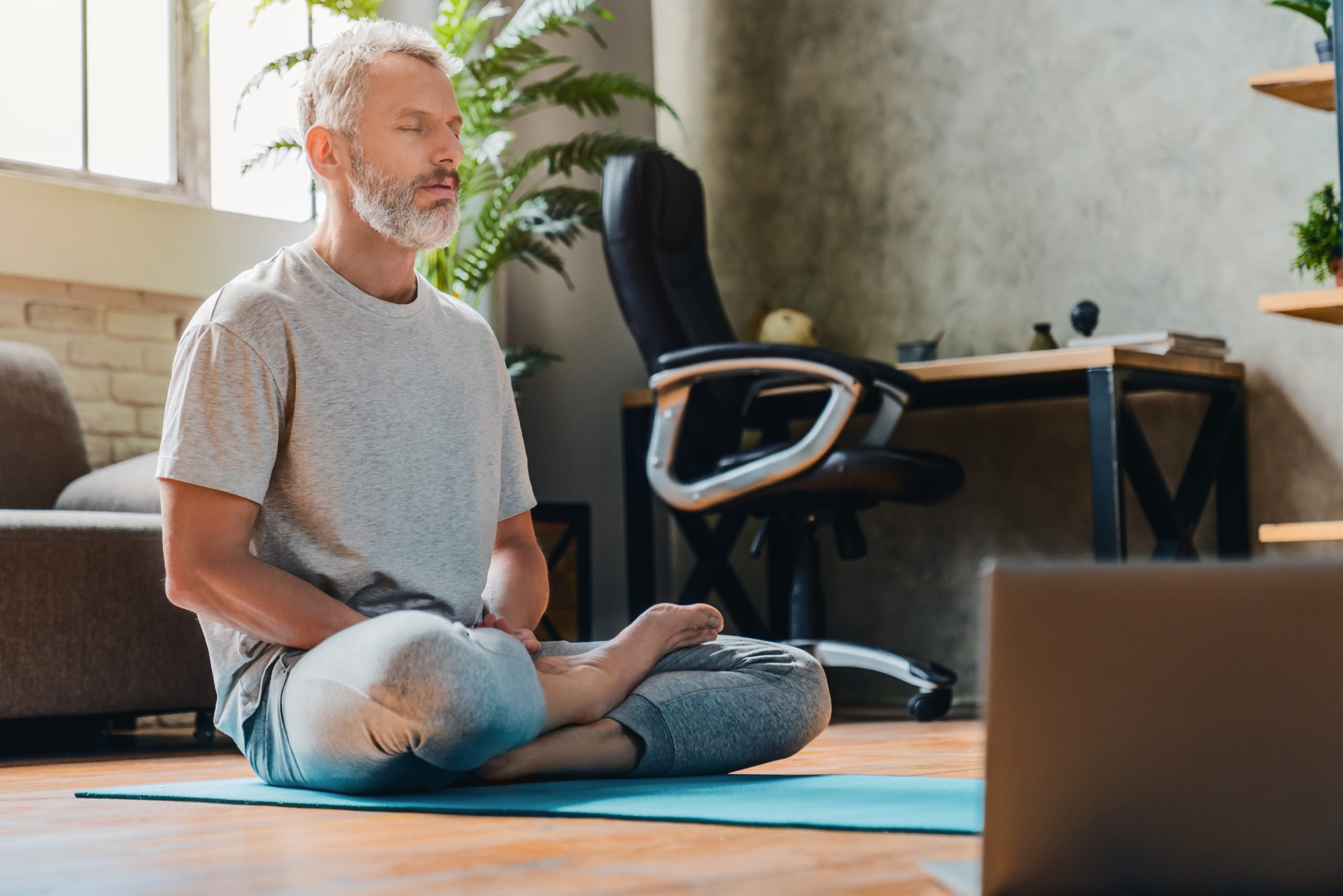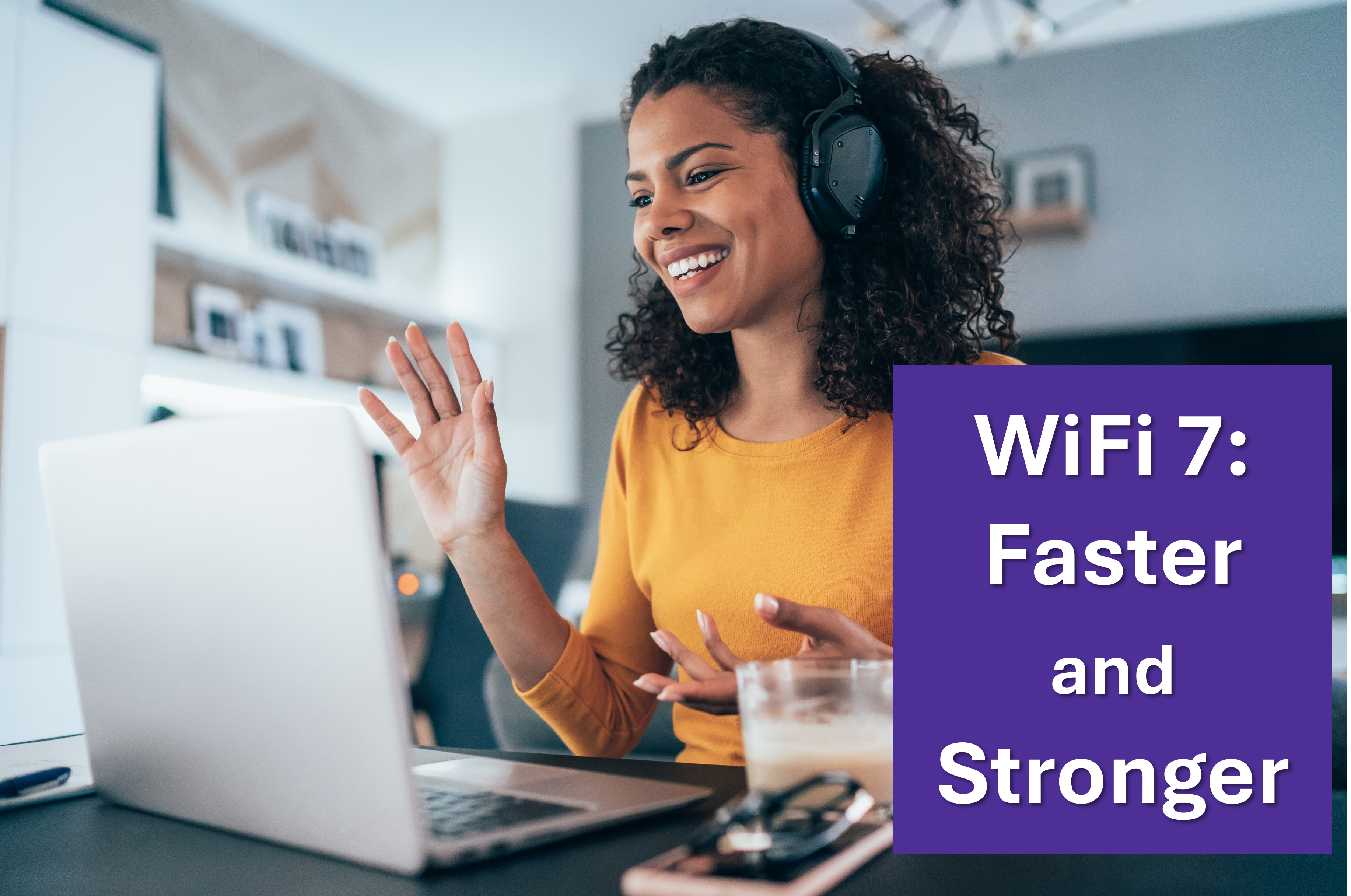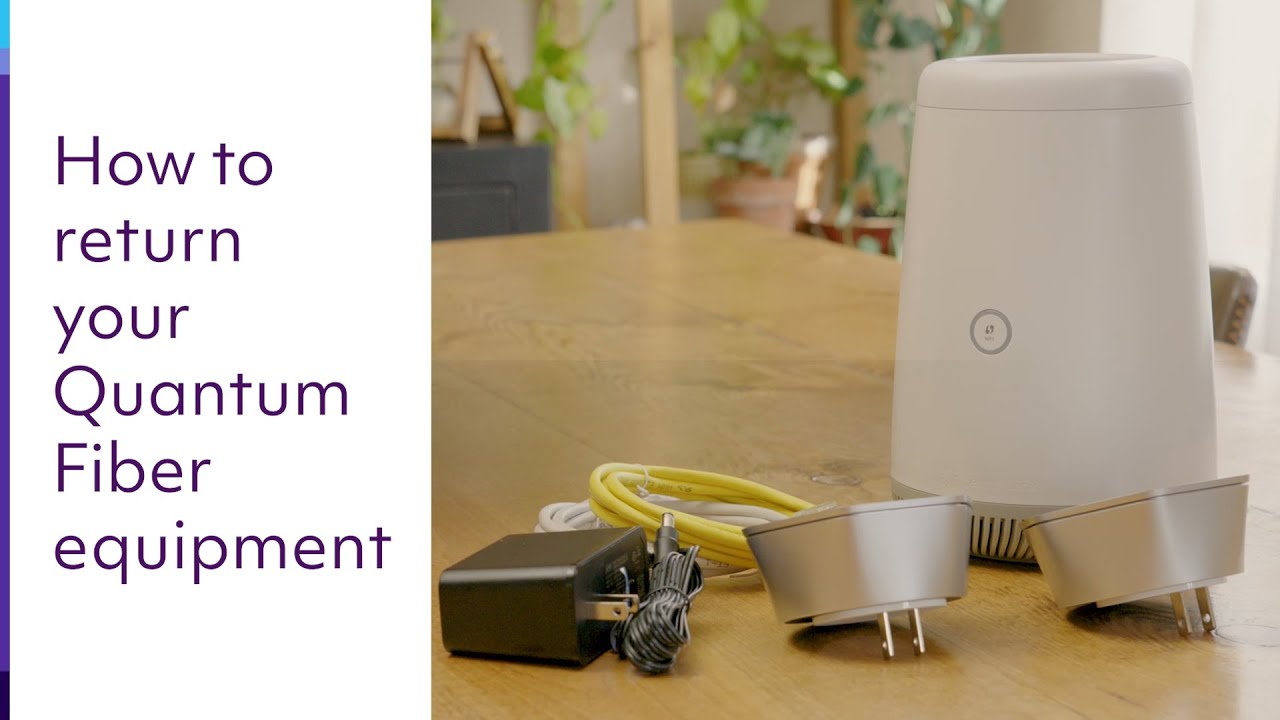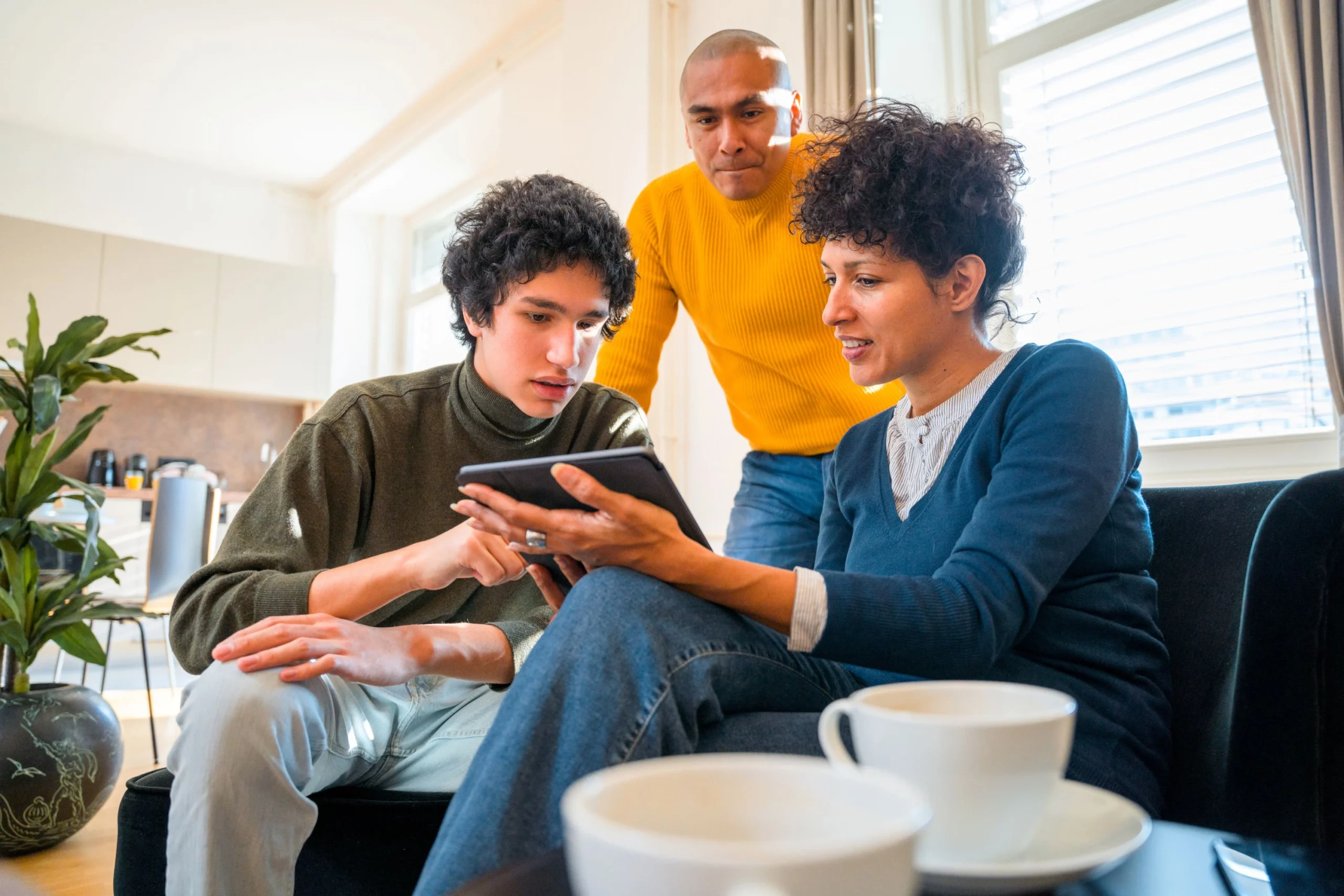We all know that mental health services can be expensive and sometimes unaffordable for those who are seeking treatment. Nearly half of the 60 million people living with mental health conditions in the United States go without treatment. As a result, many cannot access mental health care when they need it the most. Luckily, many mental health apps are completely free or offer free trials. If you own a smart phone or device, you likely have access to these helpful apps. Digital mental wellness platforms are an accessible alternative for those who may not be able to access in-person therapy or treatments.
Best mental health apps
In 2020, the American Psychological Association estimated there were around 20,000 apps for mental health on the market, some with millions of users. These apps focus on mindfulness and meditation, working alongside traditional mental health services—such as therapy—to help users connect with others and manage day-to-day stressors.
Finch
Do you struggle with self-care? Meet your new best friend with Finch, the self-care pet app. Complete fun and colorful self-care exercises to help your pet grow, earn rewards, and improve your mental health. By taking care of your pet, you’ll really be taking care of yourself. You can choose from Finch’s mindfulness habits, such as habit tracking, guided breathing, and mood journaling. With Finch, self-care will feel rewarding and fun.
Speaking of mindfulness, learn more about how you can use technology in a way that supports your physical and mental wellbeing.
Mindshift

If you’re looking for anxiety relief, Mindshift CBT might be right for you. The app uses Cognitive Behavioral Therapy (CBT) tools to shift anxious thinking and behaviors to a more positive mindset. With features like guided meditations, thought journals, and coping cards, you’ll be able to face your fears and develop healthy habits. The app was specifically designed to be an on-the-go tool for anxiety management.
Shine
According to the National Alliance on Mental Illness, only one in three Black adults with mental illness receives the care they need. Created by a team that’s 80% BIPOC, the mental wellness app Shine hopes to be an inclusive self-care toolkit. Shine fights for the mental health of marginalized groups and for making mental health care more accessible for People of Color. Users are greeted with motivational messages, daily meditations, and gratitude check-ins.
Bearable
Bearable is one of the top health tracking apps, reviewed by clinicians at Cedar Sinai as one of the best mobile health apps to track patient outcomes. You can track your moods, symptoms, medications, and routines, including sleep and meditation. Additional tools allow you to set timers for your medication, share data securely with your therapist, and create a treatment plan that improves your quality of life.
Smiling Mind
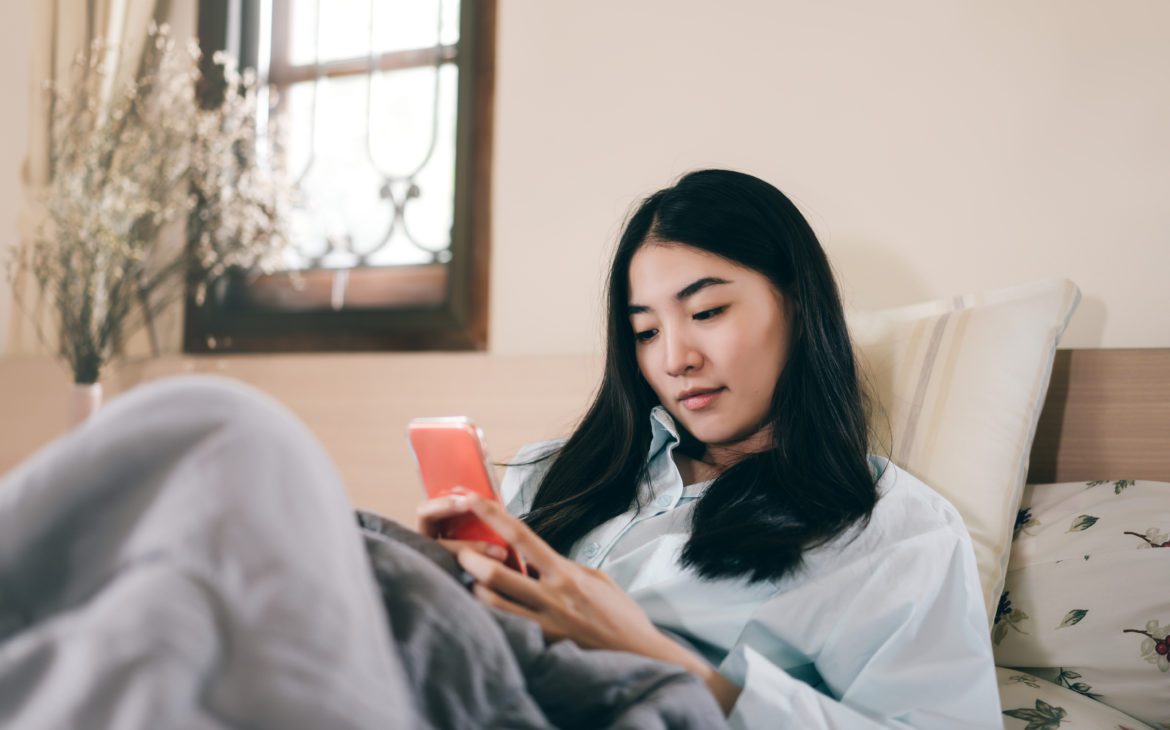
Voted the #1 Apple Health and Wellbeing App 2018 in Australia and used by over 6.1 million people, Smiling Mind offers free programs for kids and adults. The creators behind the app believe that wellbeing is essential for learning, which is why their goal is to teach mindfulness—in school, at home, and in the workplace. By setting aside just 10 minutes a day, you can improve your mental health and resiliency.
To learn more about mental wellness for kids, check out our article on internet safety tips for cyberbullying.
Aura
We all know how sleep deprivation can negatively affect all areas of life, which is why Aura provides sleep tracks to leave you feeling rejuvenated and refreshed. Choose from soundscapes, coaching, guided meditations, ASMR, breathwork, and calming stories—all personalized. You’ll also have access to world-class coaches and therapists. In the app, build playlists and explore new content to transform your sleep.
You can also join an encouraging community of people who are working towards better mental health. For more on building community and social support, check out our article on how making friends online can improve resiliency.
PTSD Coach
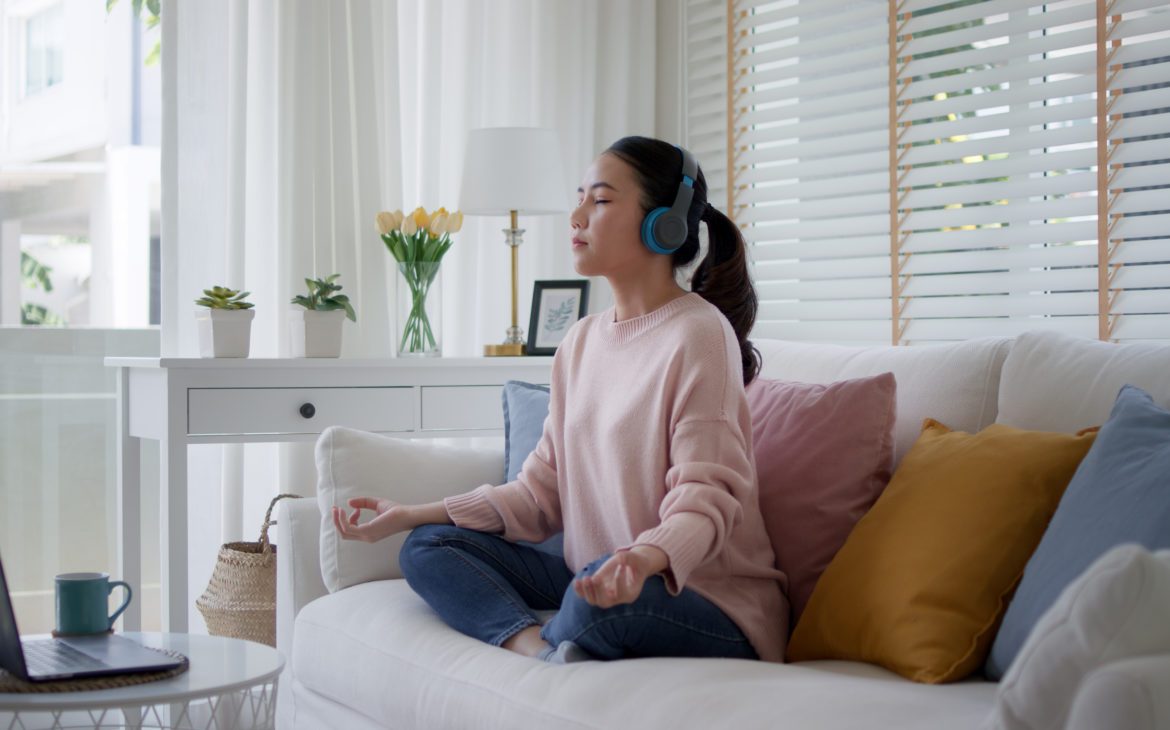
Created by the National Center for PTSD and the National Center for Telehealth and Technology, PTSD Coach supports those suffering from post-traumatic stress disorder. The app offers a self-assessment to help determine if you might be suffering from PTSD, along with educational information and resources to find professional care. It also offers tools ranging from relaxation techniques to anger management aid. Whether you’re currently in treatment or not, PTSD Coach can help you manage the stressors of everyday life.
More in mental health technology
Digital mental health technology has a promising future. Many mental health apps are even collaborating with social media platforms such as Snapchat and Bumble to reach a wider audience. And while social media can be a great tool for building community and mental health education, it’s important to use social media mindfully. Virtual reality is also shaping the future of mental health, improving therapy outcomes and making treatment more accessible.
How has technology impacted your mental health? Have you used any of the mental health apps listed above? Let us know in the comments below.


